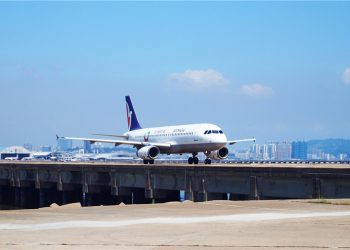China has started to levy a tax of up to 20% on overseas investment gains of the country’s ultra-rich as it looks to expand revenue sources amid a slumping economy and declines in domestic land sales.
According to a report by Bloomberg, wealthy individuals in some major mainland cities have been asked to conduct “self-assessments” or have been summoned to meetings by tax authorities to evaluate potential payments, including amounts accrued over the past few years.
Authorities are said to be targeting those who have offshore assets of at least US$10 million, as well as some shareholders of companies listed in Hong Kong or the US.
Such taxes are being levied at up to 20% on investment gains with penalties on overdue payments, although the final amounts payable are open to negotiation, Bloomberg said.
It also suggested that the move highlights growing urgency in China to expand its revenue sources amid a decline in land sales and slowing economic growth, while aligning with Xi Jinping’s “common prosperity” campaign.
Taxing the overseas investments of Chinese nationals has long been official policy, Bloomberg added, but hasn’t typically been enforced until now.
The stock markets of both China and Hong Kong have declined over the past week, having previously enjoyed a brief surge during the National Day holiday period from 1 to 7 October. Last Tuesday 8 October, Hong Kong’s Hang Seng Index fell by 2,172 points, its highest single-day drop in history.


































